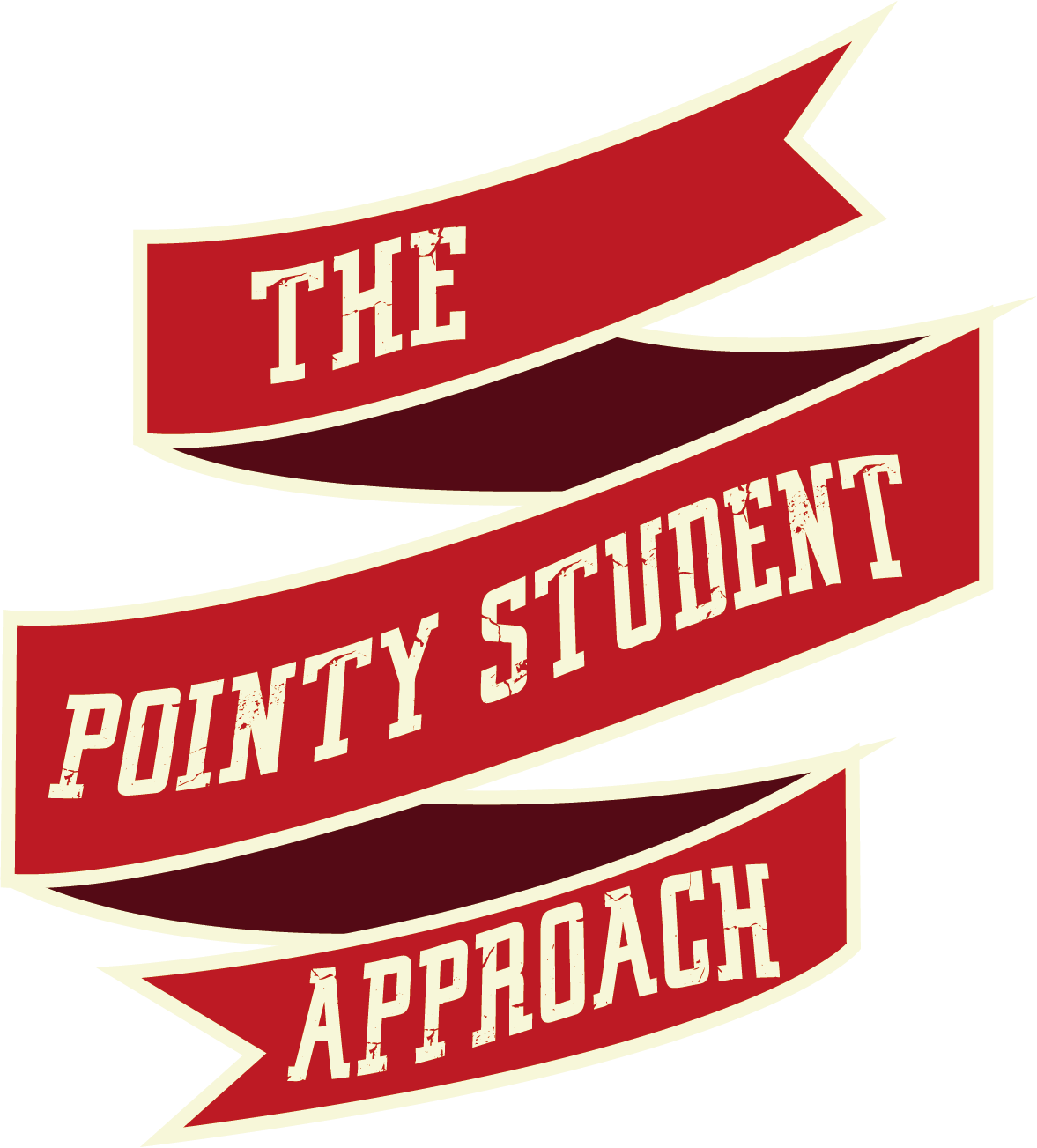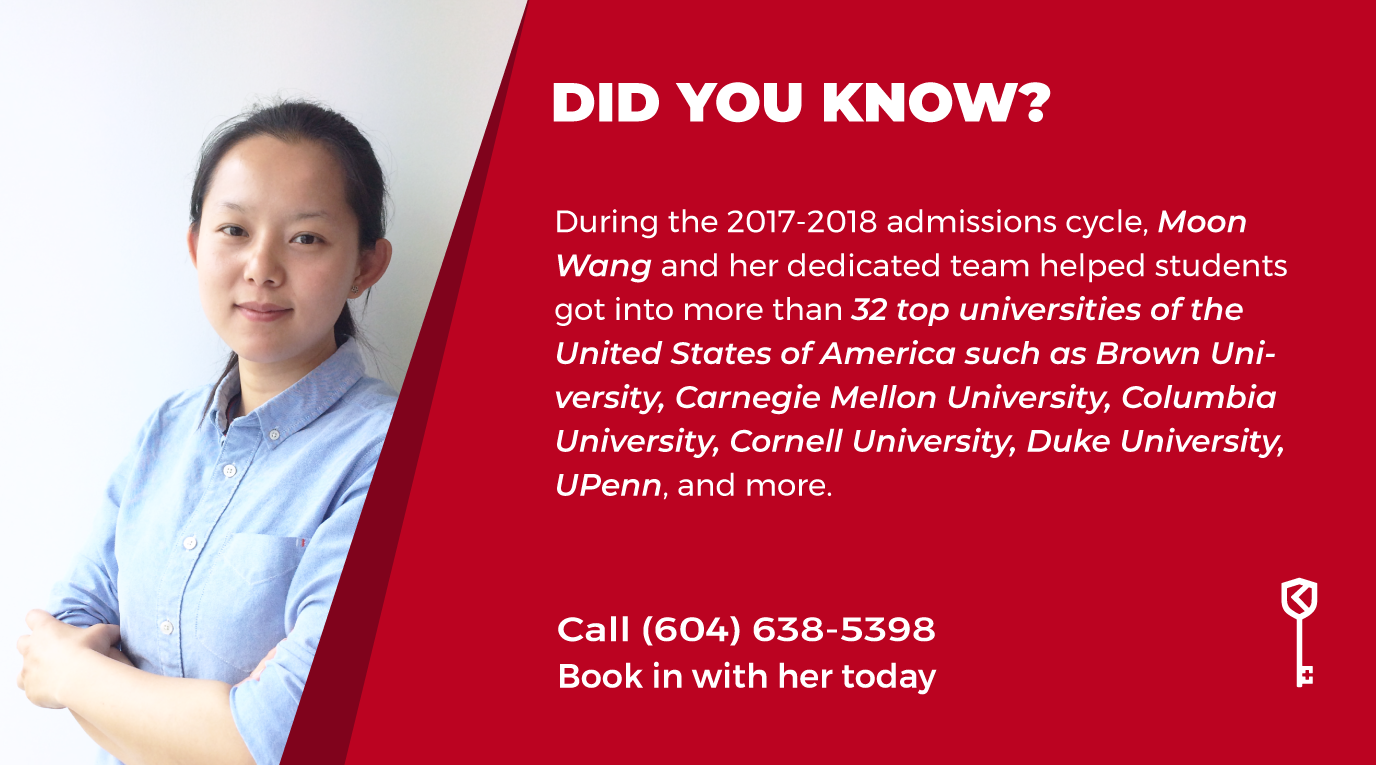
By Nick Bartlett, KEY Instructor
Preparing for anything – your day, an upcoming trip, a school project – is important. This preparation can help you avoid any foreseeable hiccups, and can spread out any stress associated with the process – we’ve all left something until the last minute and felt that giant cloud of anxiety loom over us!
When it comes to planning for post-secondary education, the importance of preparation is no different. Having a clear, well-defined and well-planned path can give you much more peace of mind than “just winging it”, and can actually help you reach your full potential and get everything that you want out of your post-secondary experience.
One of the first things to plan for, of course, is what you’d like to study. Some people know exactly what they want to do, but others may not – and that’s okay! If you’re unsure, think about your secondary school experience and ask yourself these questions:

- What do I enjoy doing?
- While it’s rare to like every single aspect of a field of study, it’s very important that you enjoy it in general… otherwise, it’s difficult to find the motivation to keep going! What have you enjoyed doing in high school?
- What am I good at?
- It’s important to think about your own talents and skills, because they can make the experience go much smoother and have a learning curve that is less steep.
- What are my goals?
- This ties in with the two previous questions. What do you want to do after school (i.e. career, further education, etc.)? What do you need to do/study to get there? This can apply to secondary school as well: are there certain courses you need to take to qualify for certain post-secondary programs? Certain extra-curricular activities that could help round out your experience or give you an edge once you’re in university/college?
The answers to these questions are great starting points for you to hone in on what kind of program you’d like to be part of. It’s never too early to ask yourself these questions – and remember, the answers may change over time, and that’s okay! (Pro tip: many faculties offer a “general first year”, which allows you to take a range of courses in a field (science, for example) to allow you to explore your interests and see what works for you before moving forward. If you’re still totally unsure, take advantage of this option!)
The next thing is to begin looking at the institutions that offer the programs you’re interested in. Where do you want to study? Which school best suits your goals and you as a student? These are important questions to ask yourself, and there are great resources to help you answer them!
- People
- This is one of the most useful resources you have! Through platforms like LinkedIn, or even in Facebook groups, you can find people who are doing/have done the program that you’re interested in and ask them for some information about their experiences. What did they like/not like? What would they have done differently? Why?
- Guidance counsellors/academic advisors – these people are there to help you succeed! They have all the information to help you navigate through the (sometimes complicated) application/admissions process, so take advantage of this excellent resource!
- Online resources
- For a student-based perspective, read through any forums you can find about the school/program you’re interested in
- Have a look at official publications that analyze and rank these schools and programs (like Maclean’s for Canadian institutions)
- University/college websites can shed light on program structure, course content, areas of specialization, faculty expertise, etc.
- If possible, schedule a school and/or faculty tour
- This helps give you a real-life feel for the campus/faculty environment, and may even allow you to visit classes and meet current students/professors. If this involves going to a different city, it’ll also help you get a feel for your potential new home.
So, you have an idea of what you want to study and where… now it’s time to look at what you need in order to attend. This includes academic and living requirements. Luckily, most institutions have this information ready for you!
- Look through the schools’ websites, which can help you understand admission requirements (GPA, prerequisites, deadlines, etc.), campus life (accommodation, food options, clubs/activities, etc.), tuition costs, awards/bursaries/scholarships, financial aid, etc.
- Again, use the resources available to you, like guidance counsellors and academic advisors: they’re there to help!
The planning process can be very overwhelming, but remember: everyone is on your side and wants to help you succeed. Begin early, and take all the help and advice that you can get: it’s there for the taking, and will help you avoid any unnecessary stress. You’ll definitely thank yourself down the road for being on top of the planning process!



